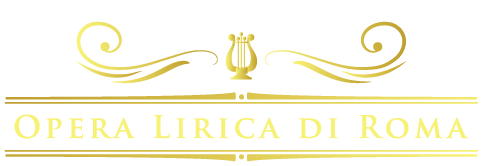We are now in full Halloween atmosphere! The bravest may decide to celebrate with friends with a nice horror movie marathon. And it’s enough just to mention Dario Argento to make a shiver run down your spine!
It is not difficult to imagine how the world of opera can take on macabre and terrifying hues: many of the tragedies told by the great classical operas have tragic epilogues with murders, suicides and bloody scenes to say the least. And if a master of horror cinema puts his hand on it, the result is just perfect to spice up the scariest holiday of the year.
“Opera” is the title of a 1987 film by Dario Argento whose disturbing scenes have as background an equally disturbing opera, Verdi’s Macbeth, which among witches, evocations, heinous murders and blood cannot help but adapt to one of the darkest and bloodiest films by the Roman director.
It is Dario Argento himself who defines Macbeth as an opera “with a dark and poisonous trail”. Indeed, according to a theatrical superstition, called the Scottish curse, this title (at least in Shakespeare’s version) is cursed by a coven of witches, angry at Shakespeare for using a real spell. In England, in the theatrical field, it is avoided to call the opera by its name, simply referring to it as “the Scottish Play” or “the Bard’s Play”.
The film “Opera” is starring Cristina Marsillach, Urbano Barberini, Daria Nicolodi, and Ian Charleson and features music composed and performed by Brian Eno, Claudio Simonetti, and Bill Wyman. Dario Argento brings Macbeth’s aura of superstition to the plot of “Opera” but, in the film, the various tragedies that take place around the theatrical production turn out to be the result of the murderer’s sadistic mind and not of the phantom curse. The young soprano Marsillach becomes involved in a series of murders being committed inside an opera house by a masked assailant.
In the soundtrack of the film there are other mentioned operas, besides Macbeth: Bellini’s Norma (“Casta Diva”); Verdi’s La Traviata (“Amami Alfredo” and “Sempre libera” performed by Maria Callas); Puccini’s Madama Butterfly (“Un bel dì vedremo” performed by Mirella Freni). Later, for a long time, Argento distances himself from the world of opera until 2013, when he makes his debut with his first directing. The title? Macbeth, of course.


